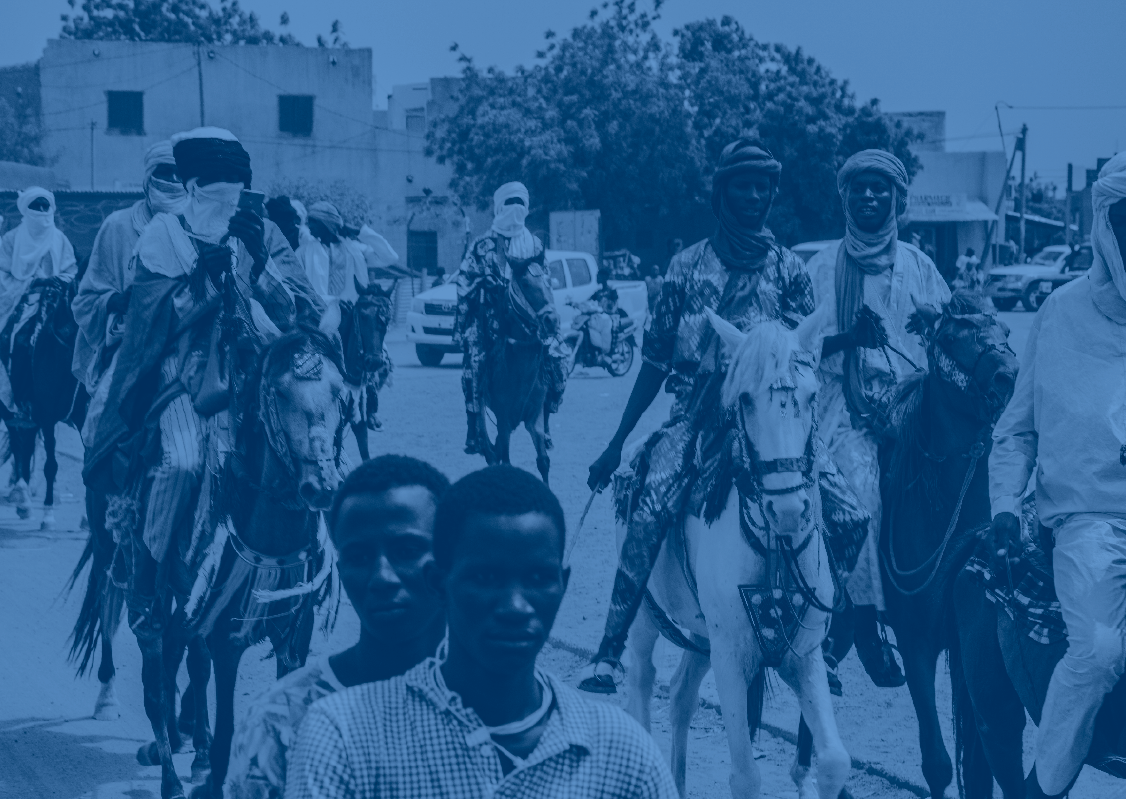Rethinking Stability – Key Findings and Actionable Recommendations
The paper discusses the main findings from the Rethinking Stability initiative, and suggests actionable improvements to help the field better meet its objectives. Despite disagreements over what stabilisation is and how to do it, the recommendations build on three central tenets on which most stabilisation actors can agree: that activities ought to improve the stability and peace of communities experiencing active armed conflict; that stabilisation is fundamentally a political process rather than an end-state; and that efforts should be temporary and transitional in nature, intended to bring about the Peace Conditions necessary for longer-term, self-sustaining stability, so that international actors can transition away from securitised roles and other functions that should be the preserve of host governments. The idea of jointly defining and working towards local and national Peace Conditions is the central recommendation around which all the others in the paper congeal. Its introduction marks an important reframing of what achieving genuine stability should entail, and encourages stabilisation actors to coalesce around strategic visions and activities that understand and respond to the deep political and social challenges driving instability in each context. Thinking about Peace Conditions also prompts a revisit of fundamental questions that for too long have slipped off the radar, such as “what are stabilisation activities supposed to achieve, for whom, and how?” For it is vague and often competing responses to these questions that undermine the current strategic and operational coherence of stabilisation efforts, and with it the quality of outcomes that people experience.
























